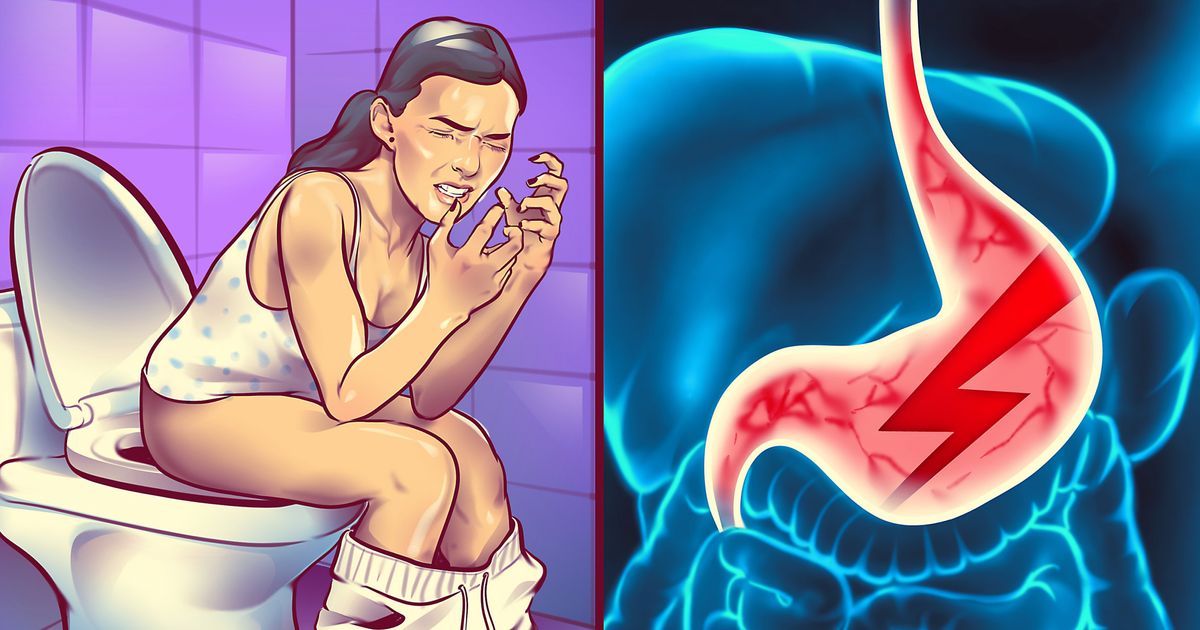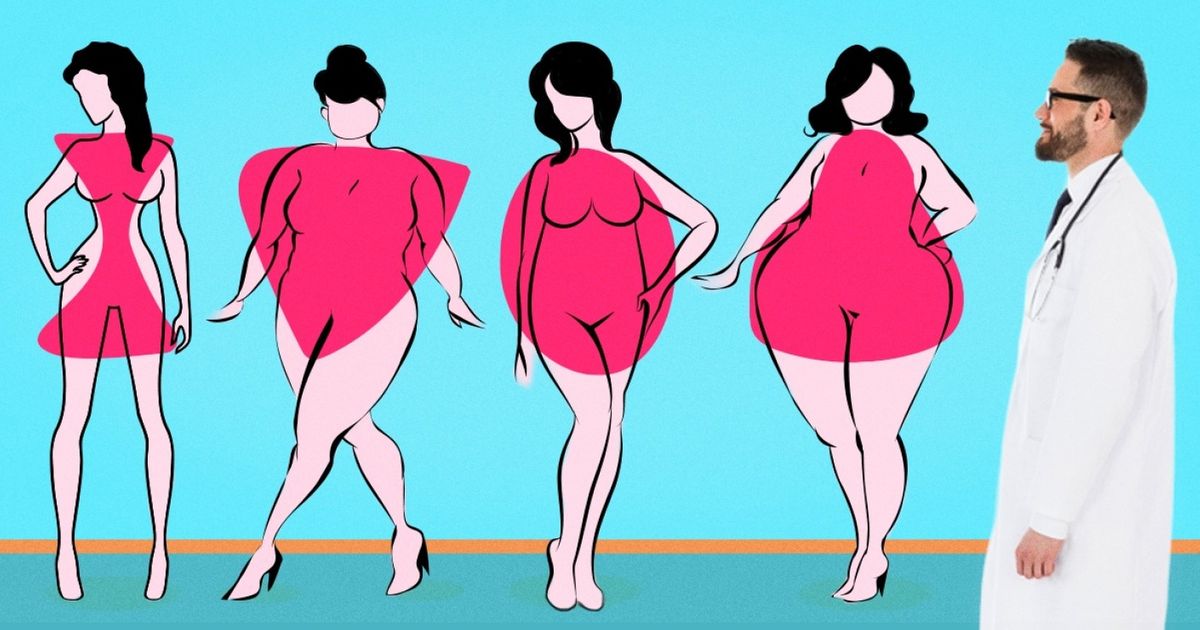Losing weight can sometimes feel like an endless battle, even when you believe you’re following a healthy lifestyle. With countless diet trends and nutritional advice circulating online, it’s easy to get confused about what truly works. In this article, we’ll explore five common reasons why you might be struggling with weight loss and provide actionable tips to overcome these hurdles. By understanding these pitfalls, you can make smarter choices that promote sustainable fat loss and a healthier lifestyle.
Weight loss isn’t just about following a strict diet or counting every calorie—it’s about understanding your body’s nutritional needs and adopting long-term healthy habits. Let’s dive into the five key areas that could be sabotaging your weight loss journey.
Why You Can’t Lose Weight
Separate Consumption of Proteins and Carbohydrates: How This Affects Weight Loss
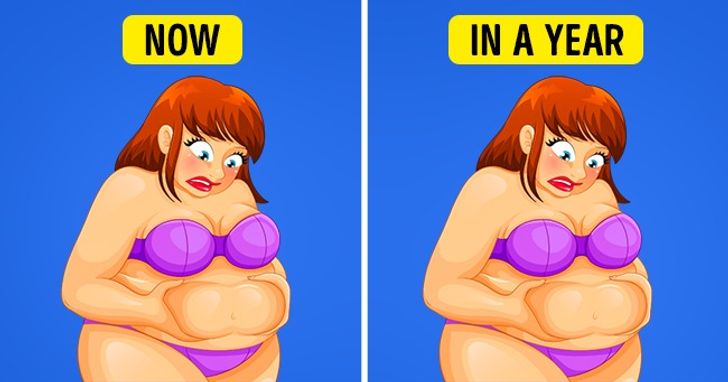
Many diet trends advocate for eating proteins and carbohydrates separately, arguing that this method improves digestion and aids weight loss. However, recent nutritional science suggests that combining macronutrients in balanced meals is actually more beneficial for overall health and sustained energy levels.
Balanced Meals Promote Satiety and Stable Energy Levels
When you mix proteins, carbohydrates, and healthy fats in a meal, your body receives a steady supply of energy. Proteins help repair and build muscle, carbohydrates fuel your brain and muscles, and healthy fats support hormone production. This balance not only keeps you fuller for longer but also helps maintain stable blood sugar levels, reducing cravings and overeating.
The Science Behind Macronutrient Synergy
Research from sources like Harvard Health Publishing emphasizes that meals combining macronutrients can improve satiety and digestion. When you eat proteins and carbs together, your body is better able to regulate insulin, which plays a key role in energy storage and fat metabolism. Avoiding this balance by consuming them separately might lead to overeating certain macronutrients, potentially causing a calorie surplus.
Actionable Tip:
Focus on incorporating balanced meals into your diet. For instance, pair lean proteins (like chicken or tofu) with complex carbohydrates (such as quinoa or sweet potatoes) and add a serving of healthy fats (like avocado or olive oil) for a nutritious, satisfying meal.
Improper Chewing and Eating Techniques: The Surprising Impact of Not Using a Knife

It may sound unconventional, but the way you eat can significantly impact your digestion and weight loss efforts. One often overlooked habit is the technique of eating—specifically, the use (or non-use) of a knife during meals.
Mindful Eating and Its Benefits
When you don’t use a knife to cut your food into smaller, manageable pieces, you may end up eating too quickly and not chewing your food thoroughly. This can lead to poor digestion and a reduced sense of satiety, as your brain isn’t given enough time to register fullness. Mindful eating techniques, which include slowing down and properly chewing your food, have been linked to better digestion and lower calorie intake over time.
Scientific Perspective on Chewing and Digestion
According to research published on Mayo Clinic’s website, taking the time to chew your food thoroughly aids in breaking down food particles, making it easier for your body to absorb essential nutrients. This process also triggers the release of digestive enzymes that improve nutrient absorption and can prevent overeating.
Actionable Tip:
Practice mindful eating by cutting your food into smaller pieces with a knife. Chew each bite slowly and savor the flavors. This not only enhances digestion but also gives your brain time to recognize fullness cues, ultimately helping you avoid overeating.
Overconsumption of “Healthy” Foods: When Nutritious Choices Sabotage Your Diet

There is a common misconception that if a food is labeled as “healthy,” you can eat it in unlimited quantities without affecting your weight. However, even nutrient-dense foods contain calories, and overconsumption can lead to a caloric surplus that hinders weight loss.
Understanding Portion Control
Foods such as nuts, avocados, whole grains, and even smoothies are packed with vitamins, minerals, and healthy fats. Despite their benefits, these foods can be calorie-dense. Without paying attention to portion sizes, you may inadvertently consume more calories than your body needs. Maintaining portion control is crucial even when you’re eating healthy.
The Calorie Factor in Nutritious Foods
For example, while avocados are an excellent source of healthy fats, they are also high in calories. Research from Healthline explains that understanding the calorie content of these foods is key to avoiding overconsumption. Balancing nutrient-dense foods with your overall daily calorie goals ensures that you’re nourishing your body without undermining your weight loss efforts.
Actionable Tip:
Even when eating healthy foods, be mindful of your portion sizes. Use smaller plates, measure serving sizes when possible, and keep track of your daily calorie intake to ensure you’re staying within your target range.
The Detox Diet Dilemma: Why Relying on Detox Regimens May Hinder Weight Loss
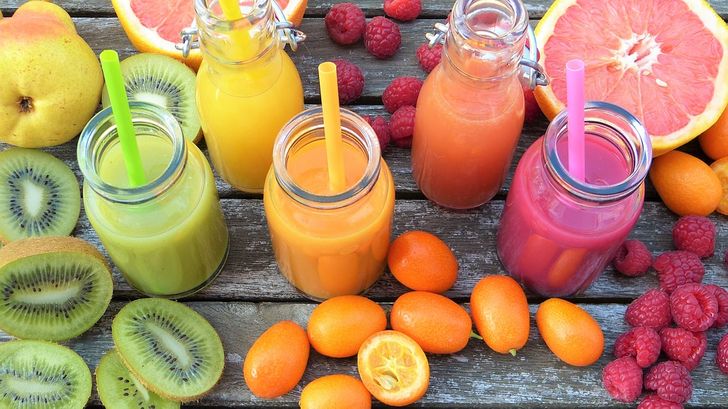
Detox diets have surged in popularity, promising rapid weight loss and the elimination of toxins from your body. However, while these diets may result in short-term weight loss, they are often unsustainable and can even be counterproductive over time.
Short-Term Gains vs. Long-Term Health
Detox diets typically involve severe calorie restrictions and the elimination of entire food groups. Although you might see a quick drop in weight due to water loss and reduced calorie intake, these diets often lack the balanced nutrition necessary for long-term health. Over time, your body may respond by slowing down your metabolism as a protective measure against perceived starvation.
Nutrient Deficiencies and Metabolic Slowdown
Many experts, including those at Harvard Health Publishing, caution against detox diets because they can lead to nutrient deficiencies and disrupt your metabolic rate. The lack of essential nutrients can result in fatigue, weakened immunity, and even muscle loss, which is counterproductive for sustainable weight loss.
Actionable Tip:
Instead of resorting to detox diets, focus on a balanced diet rich in whole foods, lean proteins, whole grains, and fresh fruits and vegetables. This approach not only provides the necessary nutrients for your body to function optimally but also promotes a steady metabolic rate that supports long-term fat loss.
The Calorie Counting Conundrum: When Focusing Solely on Calories Backfires
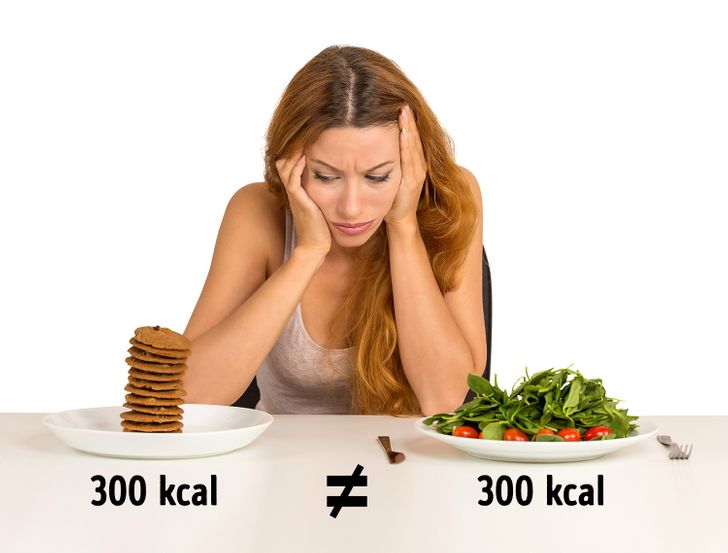
Counting calories is one of the most common strategies used for weight loss. While keeping track of calorie intake can be a useful tool, it’s important to recognize that not all calories are created equal.
Quality Over Quantity
Relying solely on calorie counting may lead you to overlook the nutritional quality of your food. For instance, 200 calories from a nutrient-rich salad provide far more benefits than 200 calories from a sugary snack. Focusing only on the numbers can sometimes result in choosing low-nutrient, high-calorie foods that do little to nourish your body.
The Pitfalls of an Obsessive Calorie Focus
An overemphasis on calories can also contribute to an unhealthy relationship with food, potentially leading to obsessive behaviors or even disordered eating patterns. According to experts at WebMD, it’s crucial to consider the source of your calories—prioritizing whole, unprocessed foods can improve satiety, energy levels, and overall health.
Actionable Tip:
While tracking calories can help create a calorie deficit necessary for weight loss, don’t forget to consider the quality of the calories you consume. Focus on nutrient-dense foods that are high in vitamins, minerals, and fiber. Additionally, listen to your body’s hunger and fullness cues instead of relying solely on numbers.
Putting It All Together: A Holistic Approach to Weight Loss
Understanding the reasons behind stalled weight loss is the first step toward a more effective, balanced approach. Instead of getting caught up in rigid diet rules, consider the following holistic strategies to support your journey:
- Adopt a Balanced Diet:
Combine proteins, carbohydrates, and healthy fats in every meal. A balanced diet not only keeps you satiated but also ensures that your body receives a full spectrum of nutrients. Visit Harvard Health for more tips on balanced nutrition. - Practice Mindful Eating:
Slow down and savor each bite. Proper chewing and taking the time to enjoy your food can improve digestion and prevent overeating. For more on the benefits of mindful eating, check out Mayo Clinic’s insights. - Monitor Portions, Not Just Calories:
Even healthy foods can contribute to weight gain if eaten in excess. Learn about portion control techniques and incorporate them into your daily routine. Resources like Healthline offer practical advice on managing portion sizes. - Steer Clear of Fad Diets:
While detox diets may offer quick fixes, they rarely provide the balanced nutrition your body needs. Focus instead on sustainable dietary changes that promote long-term health and steady metabolism. - Evaluate Your Calorie Sources:
Ensure that the calories you consume are coming from nutrient-rich foods rather than empty calories. This can help maintain your energy levels and improve overall well-being.
By integrating these strategies, you not only enhance your chances of successful weight loss but also build a healthier relationship with food and your body. Remember, sustainable weight loss is a journey—one that requires patience, consistency, and a willingness to adapt your habits for long-term success.
Final Thoughts
Weight loss is not merely a numbers game; it’s about making mindful choices that nourish your body and support your overall health. The common pitfalls—separating proteins and carbohydrates, improper eating techniques, overconsumption of even healthy foods, reliance on detox diets, and an overemphasis on calorie counting—are all areas where small changes can make a significant impact.
Embrace a balanced approach to nutrition, practice mindful eating, and prioritize the quality of your food over simply counting calories. By doing so, you can overcome these hurdles and pave the way for sustainable fat loss and improved overall well-being.
For additional expert advice and more in-depth insights on nutrition and weight loss, consider visiting reputable sources such as Mayo Clinic, Harvard Health Publishing, and WebMD.
